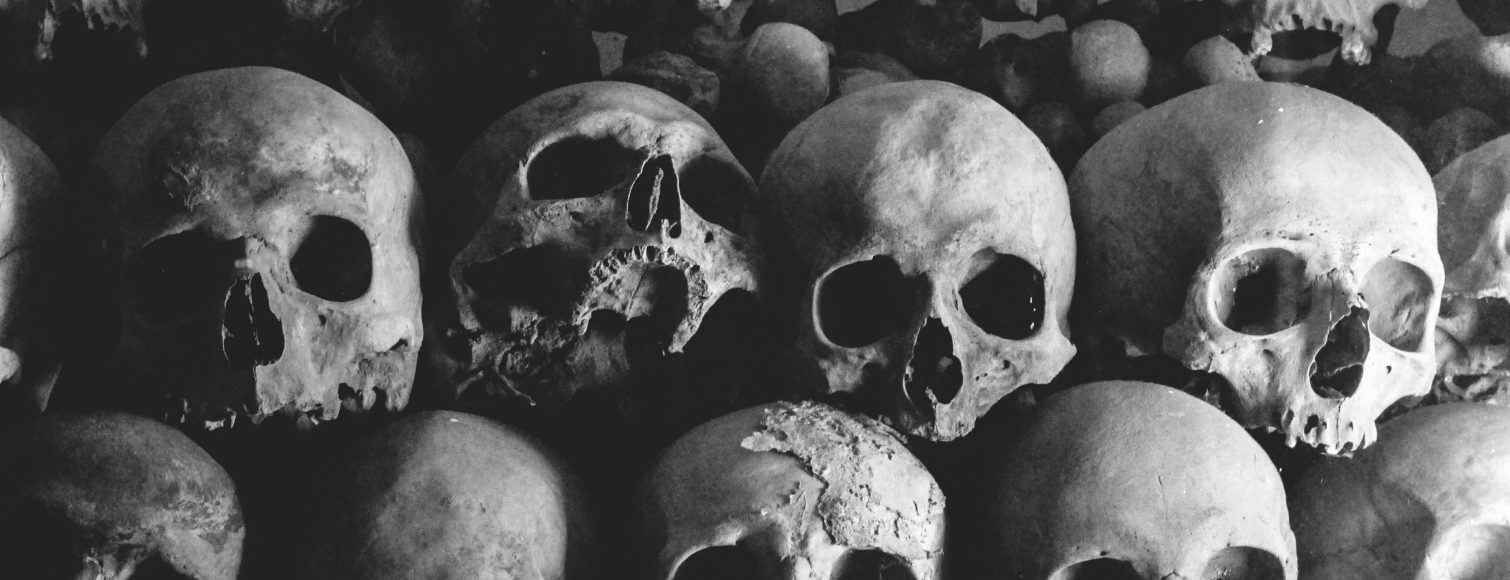When is it genocide, and who decides?
Legally speaking, there is an international definition and a UN convention that is meant to prevent genocide from happening and to punish those who have perpetrated it. The convention was ratified in the years after WW2 in response to the Nazi genocide of Jews in Europe.
Here we are in 2024, several official genocides later, and there are serious allegations of genocide being committed by the state of Israel in Gaza. If this is determined to be a genocide by an international court, the proclamation will come much too late to prevent it from happening. The same goes for other cases of mass ethnic violence happening across the globe right now. Ukraine, Ethiopia, Myanmar, Darfur, Nagorno-Karabach… while there are voices asking to call these genocides as well, there is no definitive ruling one way or another. Meanwhile, the conflicts rage on.
Genocide, it would seem, is something we cannot manage to prevent.
The coming months, we’ll be screening a documentary series that explores the history of genocidal violence by European nations. Exterminate All the Brutes takes a look not at ongoing conflicts, but those of the past 400 years. As always, delving into history provides a different perspective on our present world. The cases of mass ethnic violence explored in this series have not ‘officially’ been named genocides, and yet, their inclusion should come as no surprise.
One is the European colonization of the Americas. The other is the colonization of Africa. Filmmaker Gregory Peck takes a broad intellectual approach to the fundamental thought, behavior, and technology that led to the extermination of most of the original population of the Americas, the transatlantic slave trade, genocide in the Congo, and the Holocaust.
What would happen if we recognize all of these as genocides? What would this mean for the ongoing conflicts around the world. And who is in a position to make that decision?
Klaas P van der Tempel, programme maker at Studium Generale TU Delft

